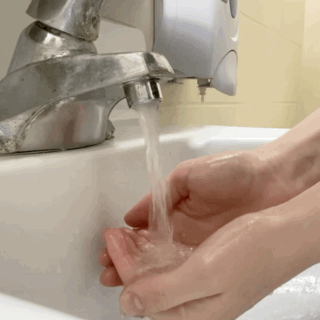The Illinois Federation of Teachers recently urged higher-ed and K-12 schools to start their semesters completely online. Many schools are releasing reopening protocols to return partially in-person during the pandemic.
Beth Squires is a professor at Northern Illinois University’s College of Health and Human Sciences.
She said, to open in-person, schools must first be able to guarantee that students wear a mask, keep at least six feet apart and wash their hands regularly.
She said it may be harder to enforce those safety rules with elementary-aged students, who could spread the virus to higher-risk people, like teachers or older family. For them, virtual education could be the safest choice.
“To protect everybody else, I think, especially in those younger populations, that's what needs to be done," Squires said. "Or limiting it, you know, coming to some kind of staggered education.”
Squires said that could mean splitting students into small groups and only having them come for half days to limit exposure.
It’s also essential for those schools to establish close relationships with local health departments.
They’re the ones who will decide what exactly happens when a student, who may be taking classes in-person, tests positive for COVID-19.
“If they're wearing a mask, and following the six-foot guideline, it's not necessarily to say that everyone's going to need to be tested, and everyone's gonna have to go into quarantine,” said Squires. “So, my understanding is that it's going to be on a case-by-case basis.”
But, she said, it could be a domino effect if students don’t adhere to restrictions while attending multiple classes with multiple teachers.
At NIU, she said students need to report it when they show symptoms and go into quarantine. From there, that’s when public health workers can conduct contact tracing and decide if others need to quarantine as well.
She said schools doing in-person instruction at least need an online option and need to be prepared to move back totally online in case cases begin to spike. She added that school administrators should also be asking for feedback not only from staff and parents, but older students too.


